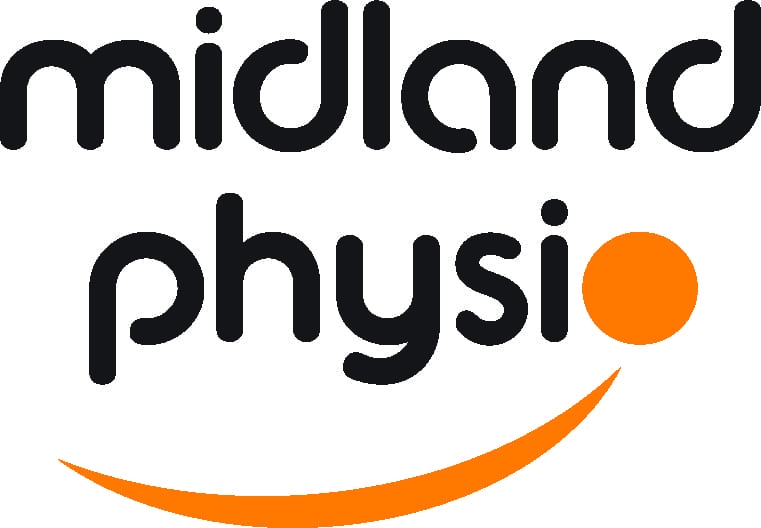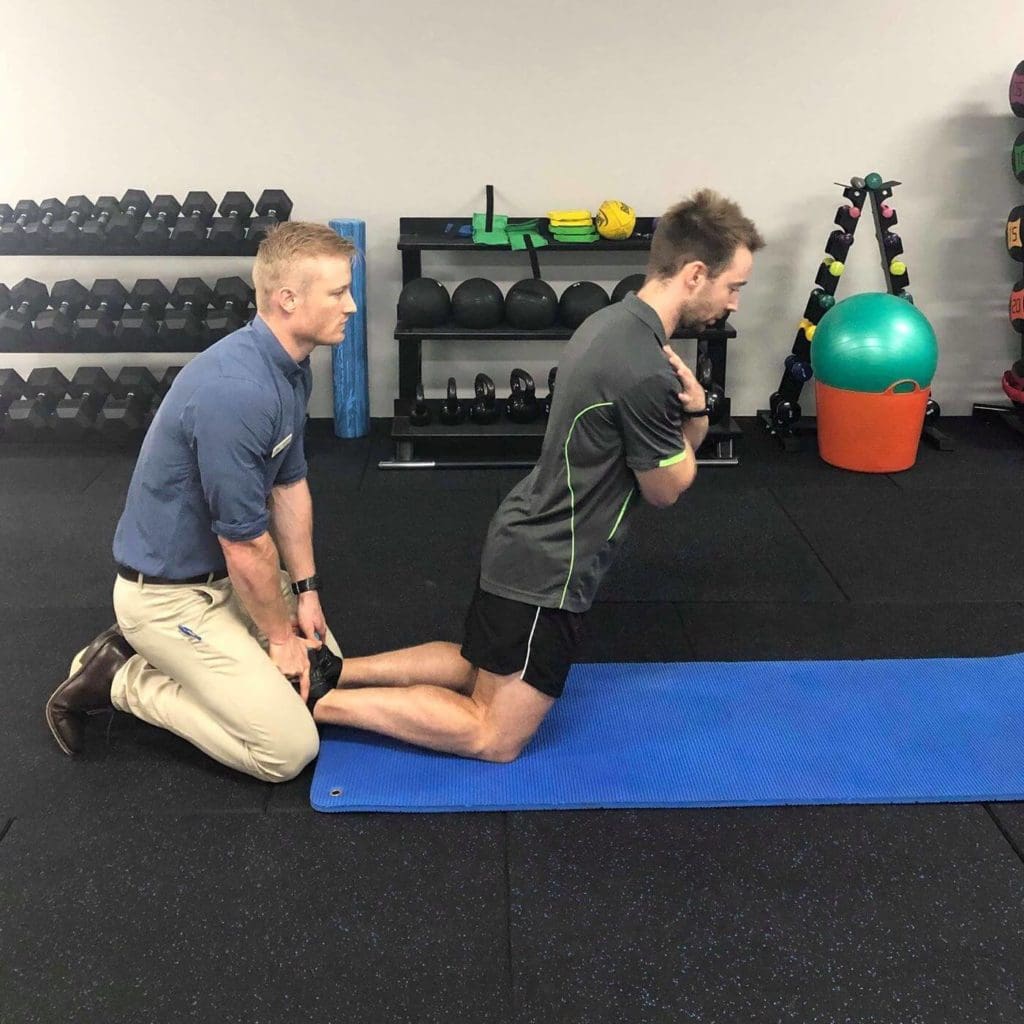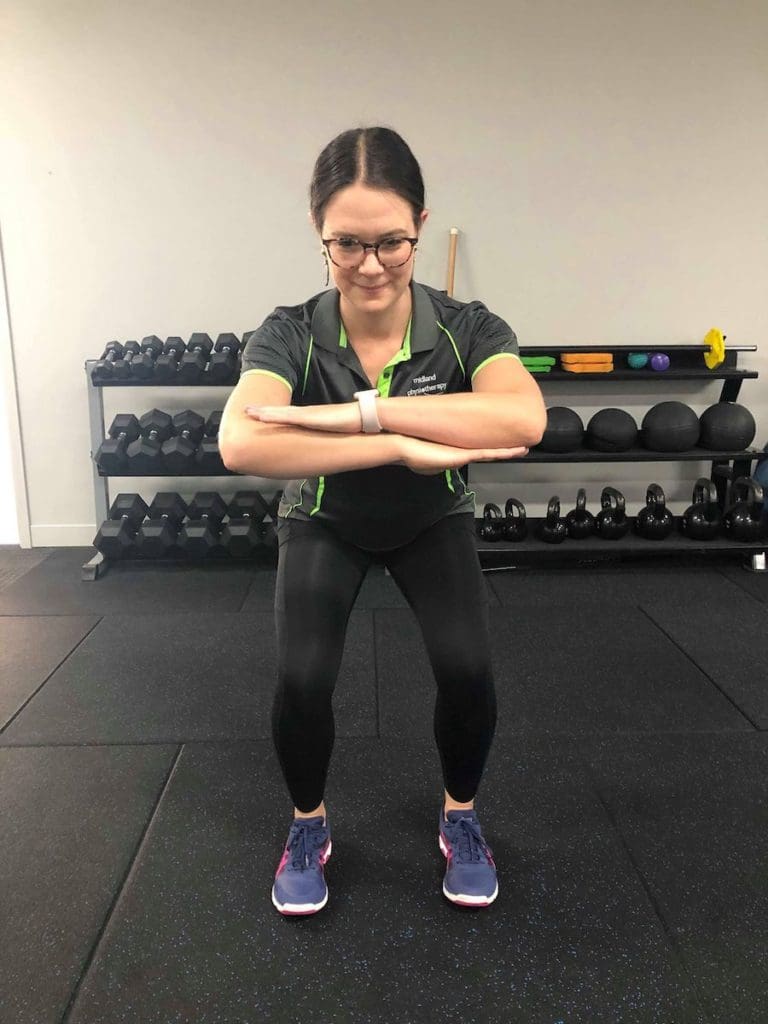
What is a Frozen Shoulder?
Frozen shoulder, formally known as adhesive capsulitis is a painful, and restrictive condition of the shoulder that affects up to 5% of the population. Although not truly understood in the medical world, it is believed that multiple abnormalities can bring on frozen shoulders. These can include: thickening, scaring, contraction of soft tissues and reduced joint volume.
Frozen shoulder is more prevalent in women, and those aged between 35-65. The diabetic population also has a higher risk of developing frozen shoulders.
Symptoms of Frozen Shoulder:
– Gradual onset of increasing shoulder pain
– Gradual decrease in shoulder movement
– Difficulty with overhead activities
– Pain with sharp movements
– Pain at night, sleep interruption
Frozen shoulders can be divided into two categories: primary and secondary.
– Primary: no known reason to cause the condition
– Secondary: result of a known cause such as post-surgery or post-injury
Stages of Frozen Shoulder
The average presentation of frozen shoulders lasts between two and three years. It is often categorised into presenting in three stages:
1. Painful stage – more painful than stiff
2. Frozen stage – more stiff than painful
3. Thawing stage – stiffness decreasing, function improving
Frozen shoulder mostly improves over time, however in some cases full range of movement and function may not return.
What Can Be Done?
Early diagnosis is extremely important to ensure the best possible outcome for frozen shoulders. Examination through both subjective questioning and physical testing of the shoulder can lead to a suspected diagnosis, with imaging providing further insight. Joint mobilisations and exercises have shown to provide better outcomes than simply waiting for resolution.

If you are having shoulder troubles, feel free to come see one of our physiotherapists here at Midland Physiotherapy to help get you the best outcome.




